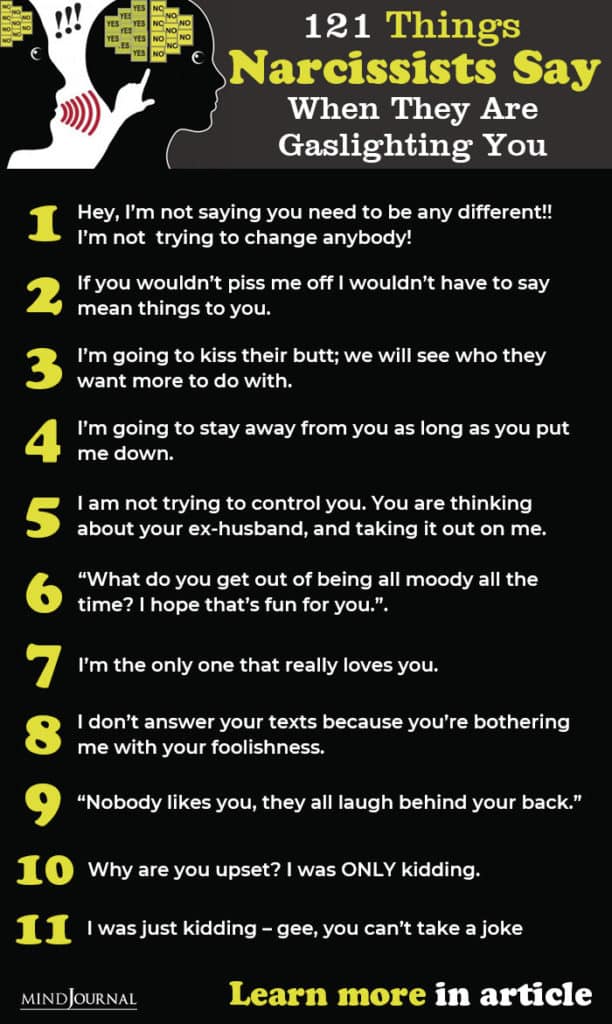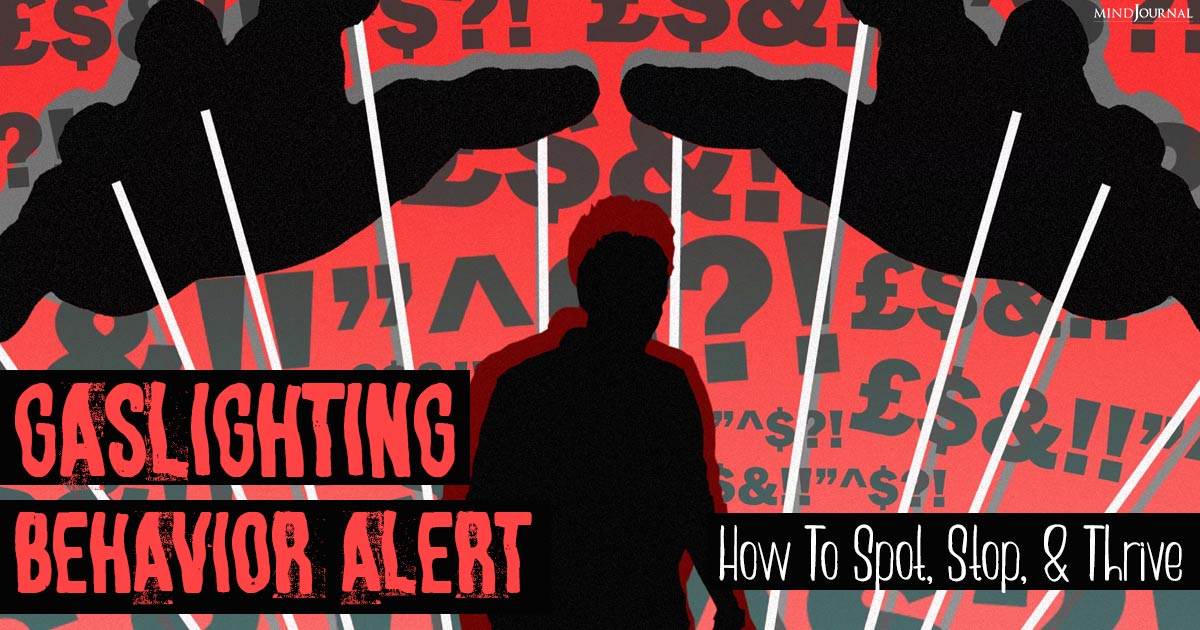Ever felt confused or second-guessed yourself in a conversation with someone? Let’s identify gaslighting behavior – the subtle art of manipulation. Learn to spot it and reclaim your confidence in every interaction.
Identifying gaslighting behavior and knowing steps to combat it are essential to maintaining your self-esteem, and mental and emotional health.
Gaslighting is a form of narcissistic abuse that’s used not only by narcissists, but also by sociopaths, addicts, and other abusers. Sometimes, it’s intentional, and sometimes it has become a habit to hide and maintain power.
Understanding Gaslighting – What Is It?
The term gaslighting comes from the movie Gaslight with Charles Boyer and Ingrid Bergman where he slowly tries to make her think she’s losing her mind in order to steal from her.
It’s not an occasional lie or denial. It’s a pattern of behavior calculated to make you trust the perpetrator, confuse you, and make you doubt your own perceptions, sanity, memory, or feelings. It’s based on the need for control or concealment – often of an affair or gambling, or financial information or losses.
You can recognize gaslighting by the 5 M’s:
- Methodical
- Malicious
- Manipulation
- Motive: to undermine your
- Mind
Related: 5 Types Of Psychological Manipulation And How To Deal With Them
Identifying Gaslighting Behavior Examples
There are three categories of gaslighting behavior. The first are statements that devalue you and demean your opinions, feelings, perceptions, or memory.
Demeaning Statements
These statements are intended to undermine your self-esteem and self-trust. Many abusers use manipulation and emotional abuse to control you without gaslighting.
You should set boundaries and object to being demeaned. Some examples of gaslighting phrases are:
- You’re overreacting.
- What’s wrong with you?
- You’re so sensitive!
- You sound crazy.
- You’re hysterical.
- You’re imagining things.
- Your memory isn’t what it used to be

Distortions of Reality
A gaslighter will distort reality to make you doubt your sanity and distrust your perceptions and experience. They include:
- Lying; denial of their behavior
- Made-up false accusations against you
- Fabrication of stories that never happened, like, “When we dined with the Smiths, you had too much to drink…You don’t remember? You must have blacked out.”
- Hiding your belongings
- Shifting the blame onto you when confronted
- Spreading rumors and lies about you.
- Trivializing your feelings and opinions
Related: 121 Things Narcissists Say When They’re Gaslighting You
Fake Concern
Concern is expressed to hide the gaslighter’s plan and culpability. They are meant to build trust and confuse you. They include:
- Loving gestures, including gifts and affection
- Fake concern; e.g., “You haven’t been yourself lately. I’m worried about you.”
- Flattery
- Seduction
How To Stop Gaslighting Behaviors: What Victims Should Do
Gaslighting is very serious. It can damage you mentally and emotionally. Read more about gaslighting and its effect on victims. Take these steps:
- Get information
- Write down conversations and what you felt.
- Pay attention to attempts to avoid responsibility and deny your experience.
- Notice when conversations are turned around to attack you: DARVO
- Validate your feelings
- Write down the person’s behavior patterns.
- Notice discrepancies between their words and actions.
- Remember QTIP: “Don’t Take It Personally.” Ignore their words. Realize they’re untrue and you’re not the cause.
- Disengage from manipulative conversations
- Don’t isolate! Talk to people you trust to get a reality check.
- Get professional support

Related: How To Deal With Gaslighting? A 5-Step Gaslighting Safety Plan
You may be dealing with someone with a personality disorder. Don’t wait to change them. Get help for yourself. Read Dating, Loving, and Leaving a Narcissist: Essential Tools for Improving or Leaving Narcissistic and Abusive Relationships to strengthen yourself and improve and change the power dynamics in the relationship.
You will then be able to evaluate whether to stay and have the strength to leave.
© Darlene Lancer 2023
Have you ever heard any of these gaslighting phrases in your life? If yes, share your thoughts about the gaslighting behavior examples in the comments below!
Written By Darlene Lancer, JD, LMFT
Originally Appeared On What Is Codependency










Leave a Reply